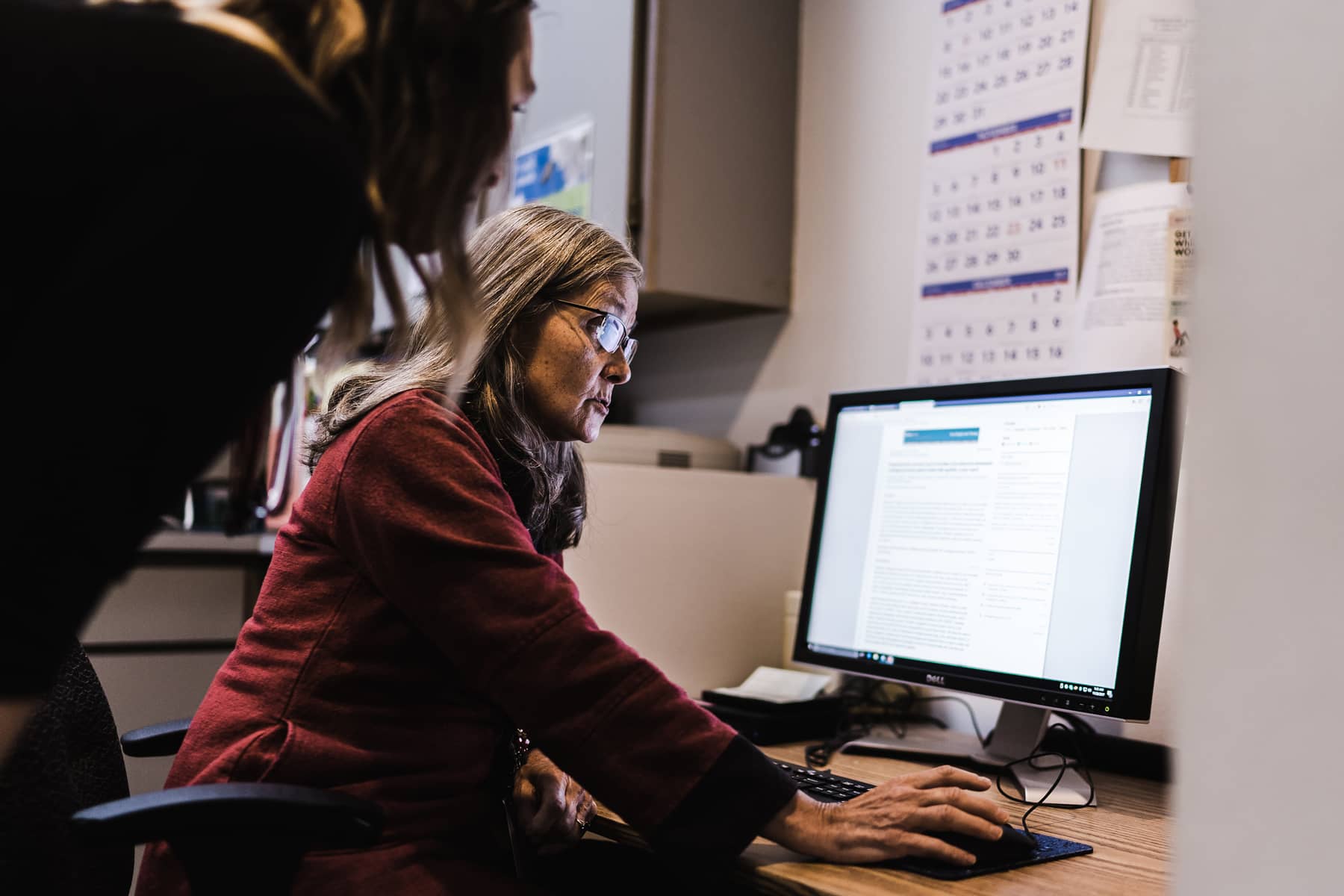Our gender-based violence (GBV) programming provides confidential services to individuals who are currently fleeing from abusers and those who are survivors of domestic or gender-based violence and are recovering from immense traumas.
Gender-based Violence can be domestic violence*, sexual assault, and/or commercial sexual exploitation. For those who are eligible, we offer a range of services from housing relocations and legal advocacy to flexible financial assistance and support groups.
Services
- Case management
- Safety planning*
- Housing relocation
- Mobile advocacy*
- Flexible financial assistance*
- Legal advocacy and referrals
- Food and transportation assistance
- Health education
- Therapeutic support groups and co-advocacy
- Internal and external referrals for holistic care
- Program evaluation
Who is eligible?
- Victims currently affected by gender-based
violence in Seattle/King County - Survivors of gender-based violence
in Seattle/King County
Victims or survivors may be of any gender, sexual orientation, age, race/ethnicity (with a focus on American Indians, Alaska Natives, Black/African American), and may be domestic or foreign nationals.
Eligible clients must also meet one or more
of the following:
- Live or work in the city of Seattle
- Be enrolled in a Seattle-based academic institution
- Seek GBV services from a Seattle-based GBV services organization or be involved in a Seattle Police investigation
GBV services are based on eligibility, assessment, and available resources. Conducting an intake does not guarantee services.
*Definitions of Terms
Domestic Violence
A pattern of power and control that objectifies the person experiencing the pattern of control (survivor), limits their choices, and impacts their safety.
Flexible Financial Assistance
Short-term funds used to address key basic needs and financial barriers faced by survivors receiving advocacy services.
Mobile Advocacy
Survivor-driven and trauma-informed advocacy. This means advocates work in partnership with survivors, focus on self-determination, and empower survivors to be safe and rebuild control of their lives. Survivors lead the process, choose their own goals, and define what is safest for them. Mobile advocacy is not a crisis response but rather mid- to long-term support designed to follow survivors across a wide range of needs.
Safety Planning
Survivors should lead the process, choose their own goals, and define what safety means to them. Qualities of survivor-centered advocacy include
- working in partnership with survivors to rebuild control of their lives, and
- respecting survivors’ decisions, offering options, and build off the strengths of each survivor.
Sexual Violence
An umbrella term referring to a broad range of violence including but not limited to sexual assault, rape, sexual coercion, sexual exploitation, and sexual abuse.
Contact Us
For external walk in availability or to schedule an intake inquiry appointment please contact us via phone or email:
(206) 324-9360
GBVadvocates@sihb.org
General GBV hours are Monday through Friday, 9am to 5pm and are subject to change.
For emergencies and 24-hour phone crisis intervention contact:
StrongHearts Native Helpline
1-844-762-8483
National Domestic Violence Hotline
1-800-799-7233 or 1-800-787-3224 (TTY)
King County Sexual Assault Resource Center
1-888-998-6423

Healthcare Informed by Indigenous Knowledge
Through our knowledge of American Indian and Alaska Native cultures, policy, and health, Seattle Indian Health Board combines the expertise of its staff to advocate for Native communities and provide holistic care for its patients.